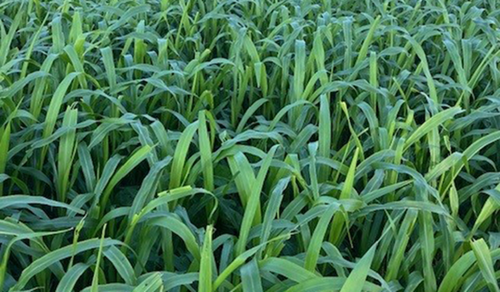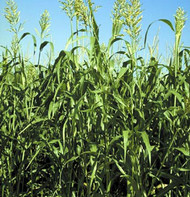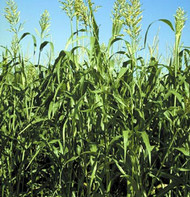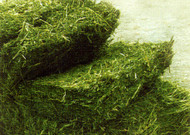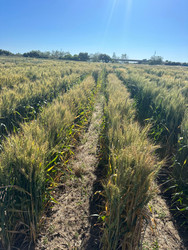Categories
Categories
- Home
- Cover Crops Seed
- Sorghum-Sudan SP4408 PF Prussic Acid Free CALL FOR PRICING
Sorghum-Sudan SP4408 PF Prussic Acid Free CALL FOR PRICING
Product Description
Sorghum-Sudan SP4408 PF Prussic Acid Free
Forage Advantages
- Prussic Acid Free Sorghum x Sudangrass Hybrid
- Dependable Summer Forage
- Superior for Late Summer Planting
- Best for Hay, Haylage, and Greenchop
- Can be Grazed After a Drought or Freeze Event
- Extends Grazing Season
ALL THE BENEFITS' OF SORGHUM SUDANGRASS WITHOUT THE CONCERN OF PRUSSIC ACID
SP4408 PF is the first prussic acid free (Sorghum x Sudangrass) hybrid to ever hit the forage marketplace. It has great early season vigor, produces very leafy and lush growth, stands well, and delivers consistent yields over a variety of management systems. SP4408 PF gives growers a top performing summer forage, while eliminating typical concerns associated with prussic acid during drought or cold conditions.

- Stress and Damage: Sorghum-Sudangrass plants produce prussic acid when under stress, such as during drought or after frost.
- New Growth: New growth after a frost is particularly high in prussic acid, causing a risk to livestock.
- Safety: Prussic acid dissipates as the forage dries. Hays are safe to feed once fully cured.
- Dhurrin-Free Technology: Purdue University has developed a technology that eliminates dhurrin, the precursor to prussic acid, in sorghum.
- Reduced Risk: This technology reduces the risk of prussic acid poisoning in livestock by eliminating the plants ability to produce dhurrin.
- Field Testing: SP4408 PF has been extensively field-tested in various conditions and found to be prussic acid free.
Planting Rate: 35 lbs - 40 lbs Per Acre
This Seed is Treated
 Loading... Please wait...
Loading... Please wait... 
